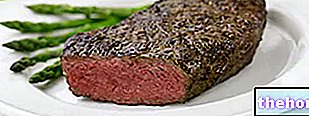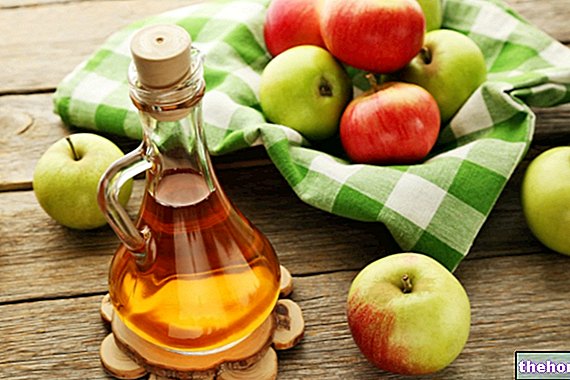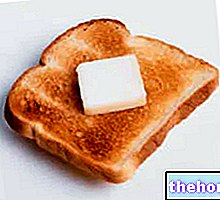Functional properties of the egg
-Coagulating power: both yolk and egg white proteins are irreversibly denatured and solidified with heat; especially in baked goods the presence of egg proteins gives consistency to the food.
- Ability to whip until stiff: in particular the proteins of the egg white have a high foaming power (they are able to incorporate a lot of air); thanks to this property, starting from the egg white, for example, meringue is obtained.
- Emulsifying power: it is linked to the lipoprotein and phospholipid components of the yolk (it emulsifies / amalgamates the various ingredients and is therefore a typical ingredient in cakes).
- Dyeing power
-Flavoring
Storage of eggs
Whole eggs
At room temperature they can be kept for 10-15 days in winter and for 4-5 days in summer.
Refrigeration: if kept at -1 ° C, eggs can be stored for up to 6 months (in the refrigerator at home, where the temperature is + 4 ° C and is less stable, they can be stored for 20 days, a month at most).
Egg products
- Pasteurized egg white, yolk and mixed (the shell is removed mechanically, white and red are then subjected to heat treatment: this increases the shelf life of the food and facilitates industrial dosage)
- Concentration (by evaporating the water under vacuum) with the possible addition of glucose or salt (useful treatment for egg products intended for pastry use)
- Freezing (the egg white and the yolk are separated or they freeze together after removing the shell)
- Drying
Labeling
Category A: fresh eggs
Category B: second quality or refrigerated eggs
Category C: downgraded eggs for the food industry

Other articles on "Eggs: storage and labeling"
- properties of eggs
- egg




























